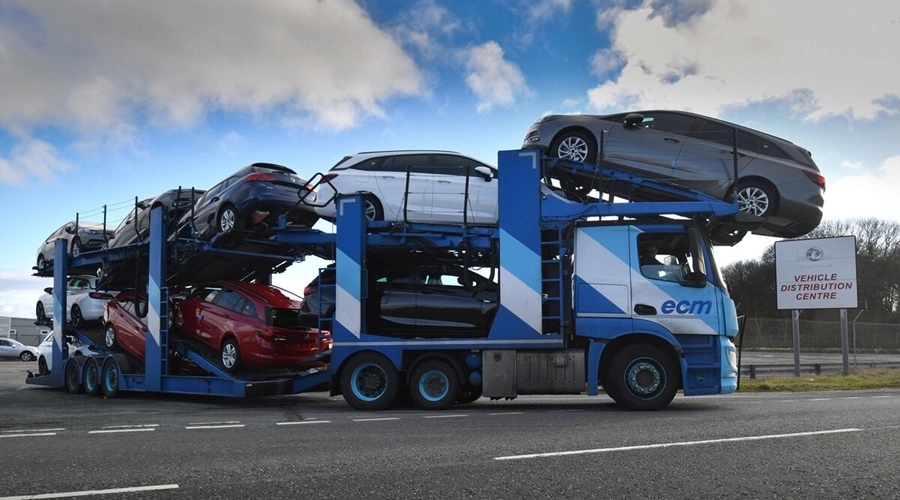According to sources, the options were informally presented to member states this week.
As per the current agreements post-Brexit, gradually implemented from January 1, 2024, Electric Vehicles (EVs) traded between the UK and the European Union (EU) will incur a 10% tariff if less than 45% of their value comes from the region.
This measure aims to encourage the development of a European battery supply chain.
A lobbying group representing car manufacturers, including Volkswagen AG and Renault SA, warned that tariffs could cost the sector €4.3 billion over the next three years.
They advocate for delaying the plan until local cell supply is ready.
Germany, the UK, and the majority of other member states also favour a delay until 2027.
France, previously the only major member state openly opposing a total delay, has stated it is open to a solution ensuring European manufacturers are protected from tariff impacts, even with a brief transition period.
However, Paris emphasized that the post-Brexit trade agreement should not be reopened and that European production could soon meet export demands to the UK.
France reiterated similar positions in this week’s meeting and stated it was evaluating the matter.
By presenting the options, Brussels aims to balance protecting the automotive industry while encouraging increased battery production in the EU.
The majority of member states speaking during the meeting expressed a preference for a simple extension, but some were open to the buffering option.
This possibility involves exporters making a declaration of origin this year and applying it to various vehicles of the same model over a 12-month period.
The option envisions local battery production in the EU recovering next year and assumes automakers can then direct content to specific export destinations, such as the UK, where stricter requirements will be in place.
However, it would not guarantee that EVs entering production in 2024 and 2025 are tariff-free, and not all manufacturers are likely to adjust their supply chains in time to meet content requirements.
The measure would also require assistance from the EU, as well as coordination with UK customs authorities.
In this week’s meeting, several member states described the buffering option as complicated and asked the Commission, the executive arm of the EU, to provide more information in writing, sources said.
Any solution requiring a modification of the EU-UK Trade and Cooperation Agreement, or TCA, would need the support of member states followed by a decision with Britain.
Discussions will continue in the coming days, and a decision will be needed next month.
Source: Bloomberg
Read more: How to Prevent the Imposition of Taxes on EVs Traded Between the EU and the UK?







